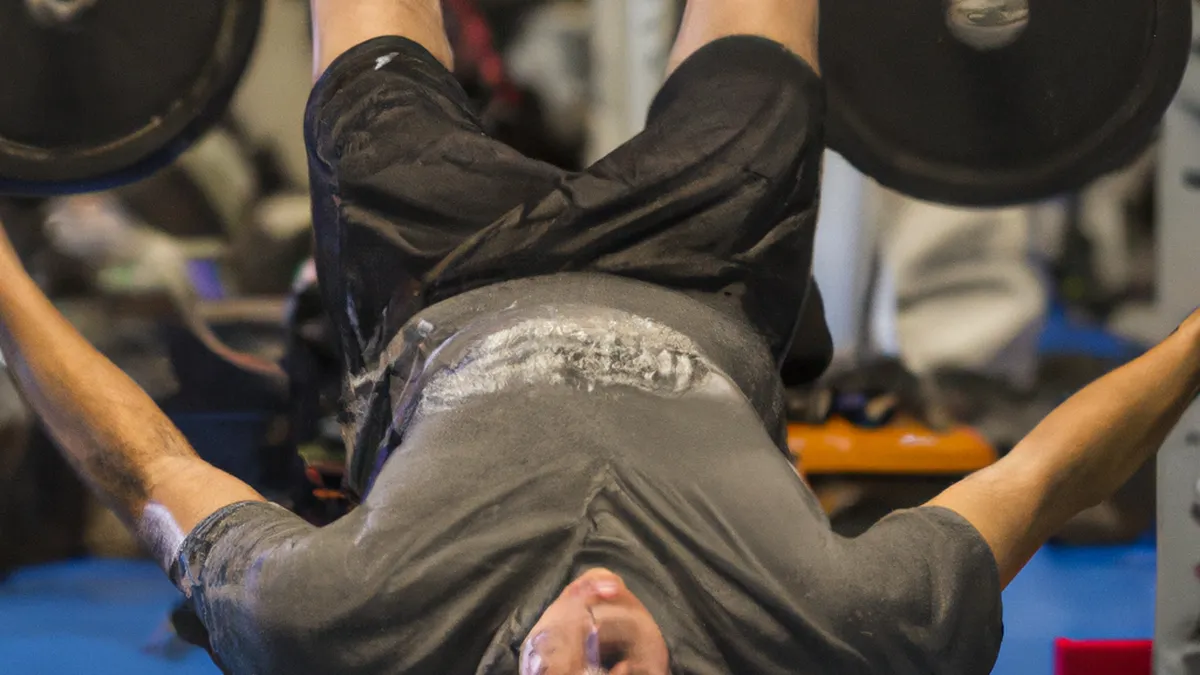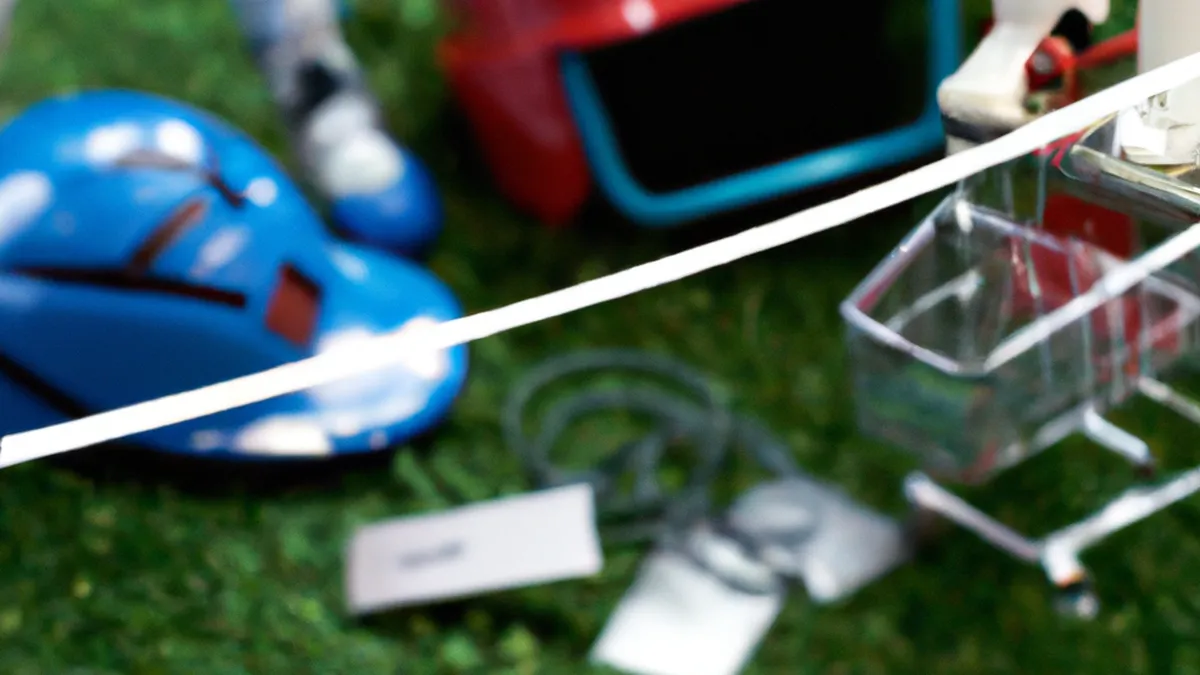Rest as a Catalyst for Sports Success
The Impact of Sleep on Athletic Recovery and Performance
As an Amazon Associate I earn from qualifying purchases.
Gear tip: consider standing desk balance board, desk cycle and insulated water bottle to support this workout.
Sleep significantly influences athletic recovery and performance. Athletes train hard to excel in their sports. However, inadequate sleep can undermine their efforts. This blog discusses the connection between sleep, recovery, and athletic performance. It explores the science, benefits, and tips for optimizing sleep.
Understanding Sleep’s Role in Recovery
Sleep serves as a critical recovery phase for the body. During sleep, the body repairs muscles, synthesizes proteins, and regulates hormones. These processes support athletes’ recovery and health. Lack of sleep hampers recovery, decreases performance, increases injury risk, and prolongs recovery times.
The Science Behind Sleep and Recovery
Research shows sleep reduces inflammation and muscle soreness. Deep sleep triggers growth hormone release, crucial for muscle recovery and growth. Sleep also regulates cortisol, a hormone that elevates stress and hinders recovery.
Furthermore, sleep enhances cognitive functions like focus and decision-making. Athletes need both mental and physical sharpness for peak performance. Studies indicate sleep deprivation negatively impacts cognitive abilities, making concentration and quick reactions difficult during competitions.
Sleep Duration and Quality
Most athletes need 7 to 9 hours of sleep nightly. However, sleep quality matters as much as quantity. Disturbances, sleep apnea, or frequent awakenings can hinder recovery. Athletes should create a sleep-friendly environment with darkness, quiet, comfort, and cool temperatures for uninterrupted sleep.
Tips for Enhancing Sleep Quality
Improving sleep quality enhances athletic performance. Here are practical tips for optimizing sleep:
Create a Consistent Sleep Schedule
Establishing a consistent sleep schedule is essential. Going to bed and waking up at the same time daily regulates the body’s internal clock. This consistency improves sleep quality over time. Athletes should maintain this schedule on weekends and days off.
Limit Screen Time Before Bed
Screens emit blue light that disrupts melatonin production, which regulates sleep. Athletes should limit screen time at least one hour before bed. Instead, they can read, journal, or practice relaxation techniques like meditation or gentle stretching.
Mind Your Diet
Diet significantly affects sleep quality. Heavy meals, caffeine, and alcohol near bedtime disrupt sleep patterns. Athletes should focus on balanced nutrition throughout the day, emphasizing whole foods.
Conclusion
In summary, sleep plays a vital role in athletic recovery and performance. Prioritizing quality sleep enhances recovery and overall athletic success.
Below are related products based on this post:
FAQ
How does sleep impact athletic recovery?
Sleep serves as a critical recovery phase for the body, where it repairs muscles, synthesizes proteins, and regulates hormones. Inadequate sleep can hinder recovery, decrease performance, increase injury risk, and prolong recovery times.
What are some effective tips for improving sleep quality?
To enhance sleep quality, athletes should establish a consistent sleep schedule, limit screen time at least one hour before bed, and mind their diet by avoiding heavy meals, caffeine, and alcohol close to bedtime.
How much sleep do athletes typically need?
Most athletes need between 7 to 9 hours of sleep nightly. However, the quality of sleep is just as important as the quantity, as disturbances can hinder recovery and performance.















Post Comment